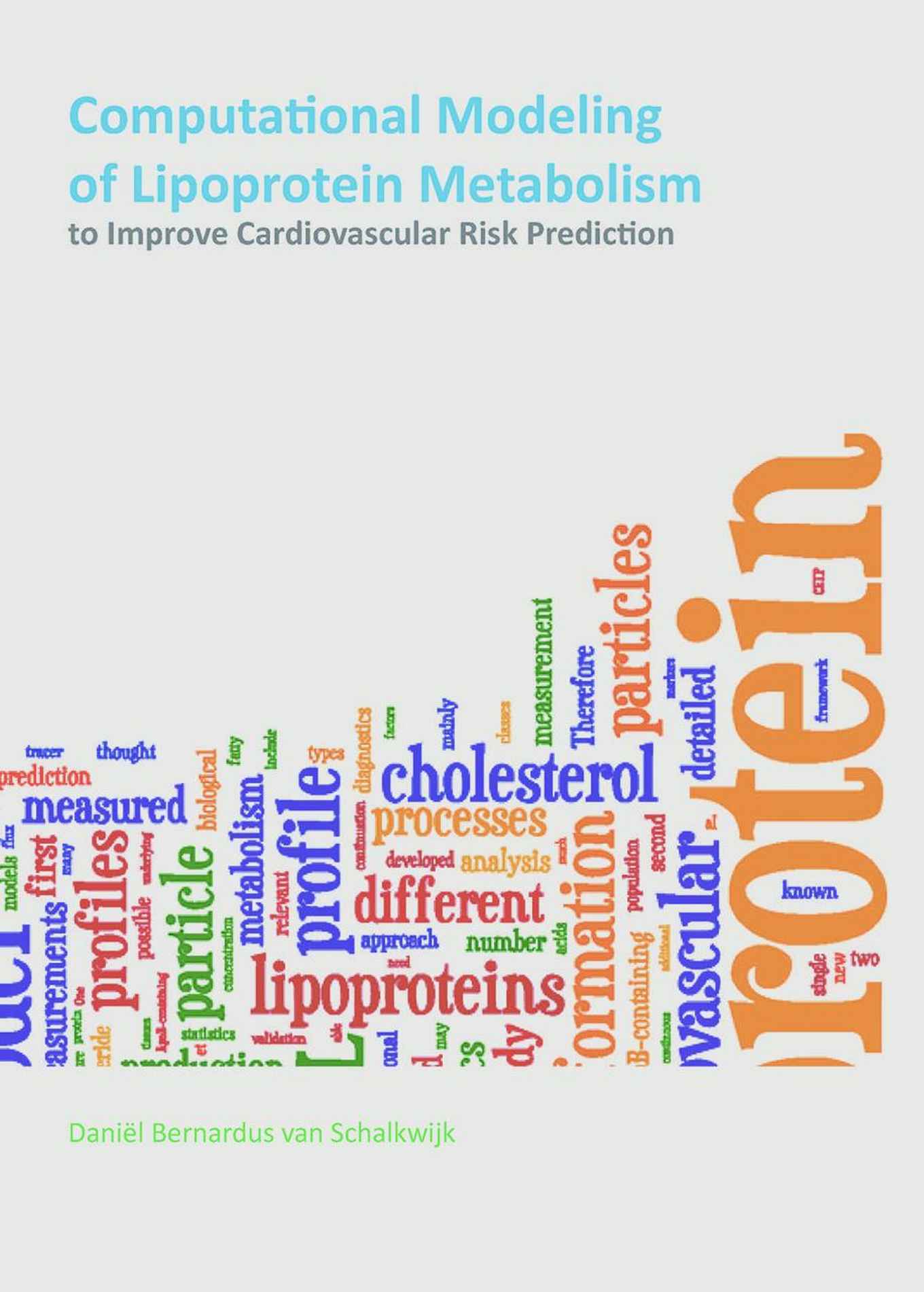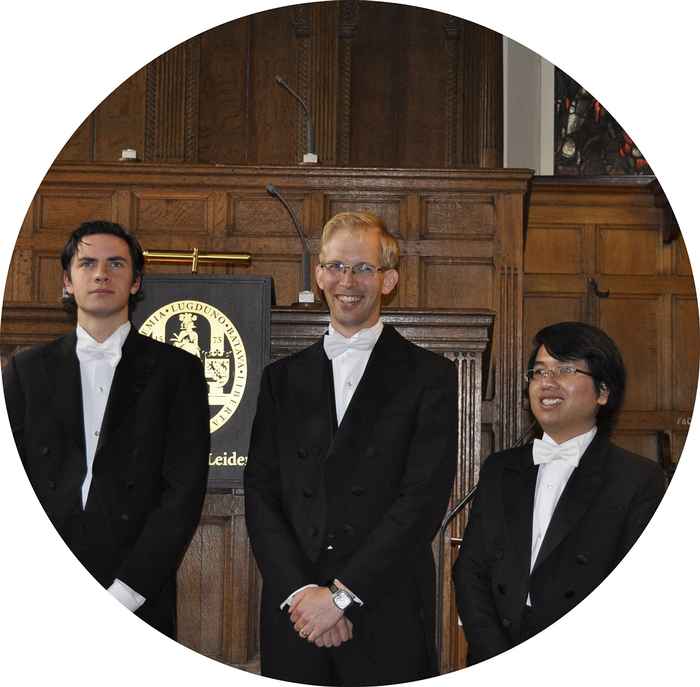PhD defense AUC lecturer Dr. Daan van Schalkwijk
18 October 2013

Lipoproteins are the particles that carry cholesterol and triglycerides through the bloodstream. Especially low-density lipoprotein (LDL) cholesterol and LDL particle concentrations are known to be positively associated with cardiovascular disease risk. Technological advances allow the full size spectrum of lipoproteins to be measured in increasing detail. Although such a detailed measurement contains much information, it does not lead to diagnostic values that both use all relevant information and that doctors can easily use.
Daan and coworkers have developed a mathematical model to aid the interpretation of detailed lipoprotein measurements. This model is able to derive information on the status of lipoprotein metabolism from a single lipoprotein measurement. The PhD thesis reports on the development of the model and model-based diagnostics, their application in a nutritional and a pharmacological human intervention study, and their application as predictors for cardiovascular disease. This research was a collaboration between TNO, the LACDR at Leiden University, and the Netherlands Bioinformatics Institute (NBIC).
